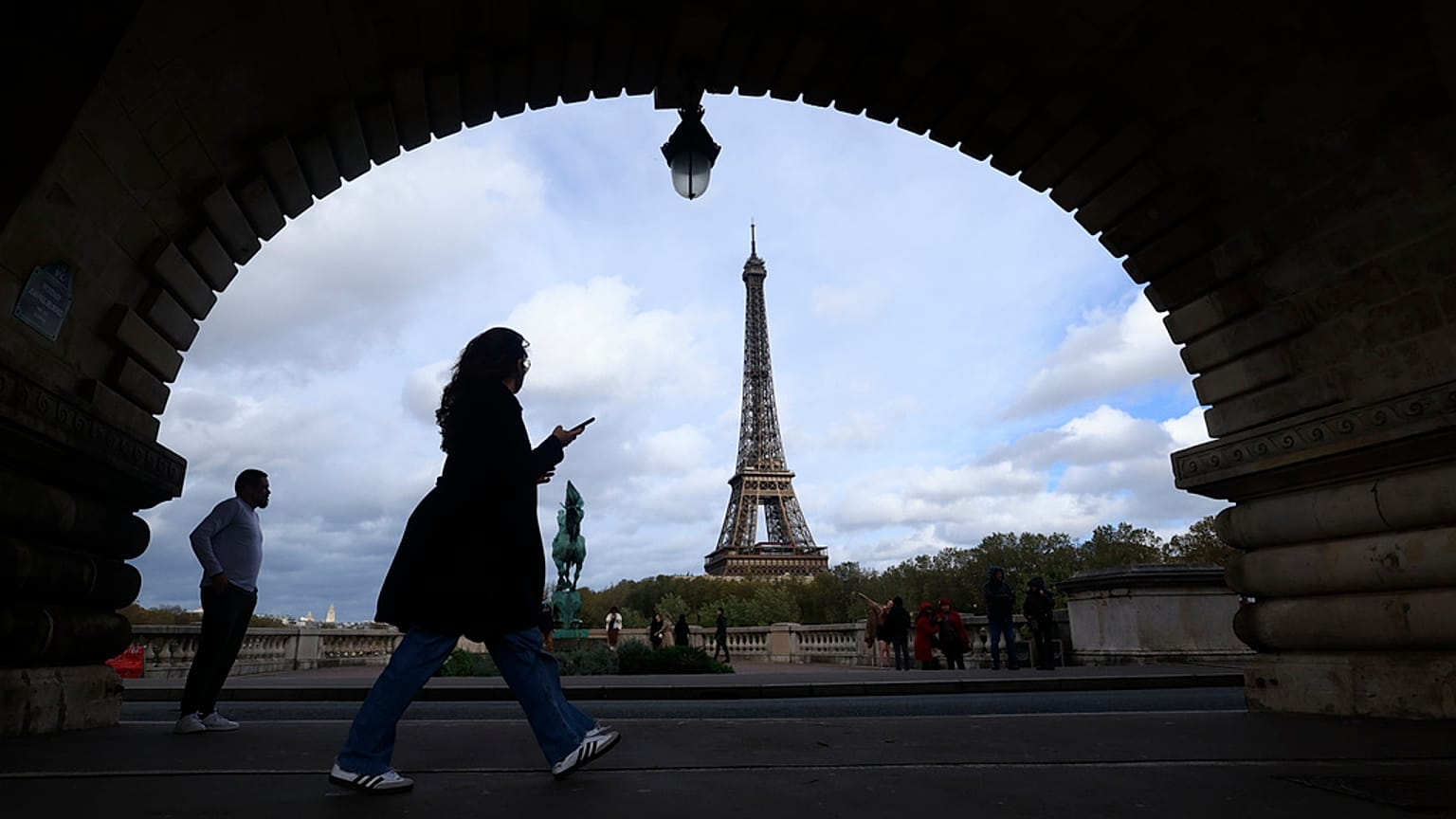French inflation inched up in December, supported by higher energy and services prices
The preliminary estimate for the year-on-year French inflation for December 2023 came in on Thursday (4 December) at 3.7%, up from 3.5% in November 2023, albeit a smidge below analyst expectations of 3.8%.
 ADVERTISEMENT
ADVERTISEMENT
 ADVERTISEMENT
ADVERTISEMENT
This was primarily due to an increase in energy prices, which rose 5.6% in December, up from 3.1% in November. Services prices also inched up slightly, from 2.8% in November to 3.1% in December.
Manufactured products saw a dip in prices, however, down to 1.4% in December, from 1.9% in the previous month. Food prices also continued to weaken, plunging to a 17-month low of 7.1%, down from 7.7% in November. Tobacco prices remained more or less the same at 9.8%.
The preliminary estimate for the month-on-month inflation rate came in at 0.1% in December, up from -0.2% in November.
Higher food prices fan inflation
Food prices have mainly been leading inflation for Europe’s second largest economy so far and although these are coming down somewhat now, they still remain uncomfortably high at 7.1%. This has prompted many shoppers to consider buying supermarket brand or other lower-priced alternatives instead, or rely on discounts, special offers and coupons.
France has taken some measures to facilitate talks between retailers and farmers and other food producers, in order to brainstorm how cheaper raw material costs may reach shops more quickly.
“We’re going to be looking for areas to bring prices down, we’re going to kick inflation in the teeth,” Michel-Edouard Leclerc, head of E.Leclerc supermarket, told broadcaster France 2 this week (January 2).
Lower nuclear energy production adding to surge in energy prices
France has also been dealing with persistent higher energy prices, with the energy price cap having been raised to 15%, from February 1st 2023, from an earlier 4%. This impacted about 77% of residential households, as well as around 100,000 social housing blocks.
This was largely due to energy supply costs, due to the lingering effects of the COVID-19 pandemic, as well as the Russia-Ukraine war. With the onset of the Israel-Hamas conflict, it is likely that energy crunch concerns may return if the conflict persists.
Stress corrosion impacting state electricity provider EDF’s facilities has also translated into lower nuclear energy output than expected in the last few months. Colder winter months also see higher demand for heating.
However, compared to other EU countries, France’s tariff shield has gone a long way in helping relieve some of the pressure for households. “France is the European country that has protected its citizens the most from the rise in energy prices over the last two years," according to French Energy Transition Minister Agnes Pannier-Runacher.

















